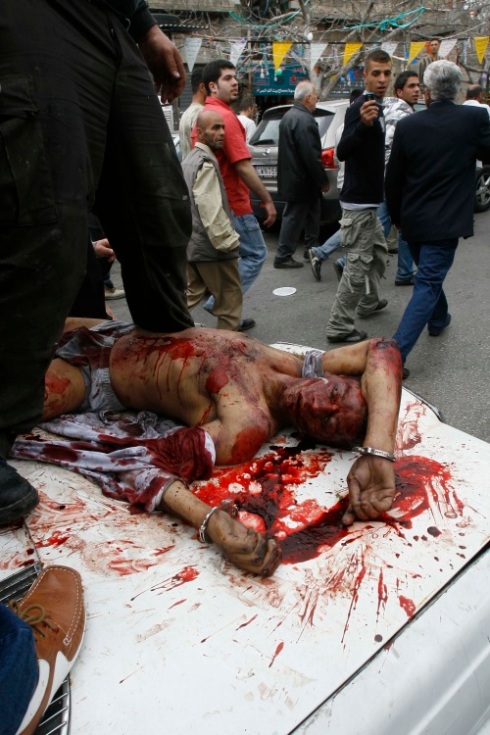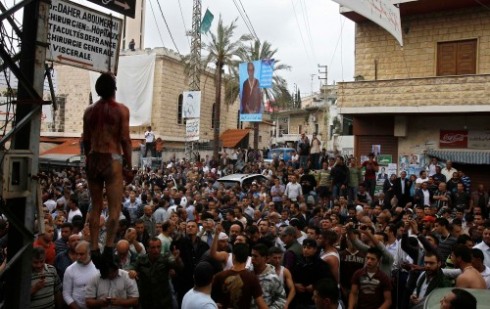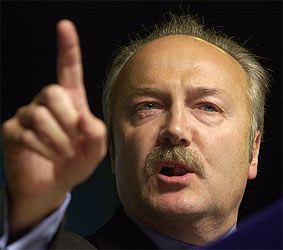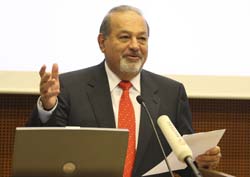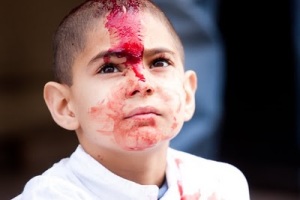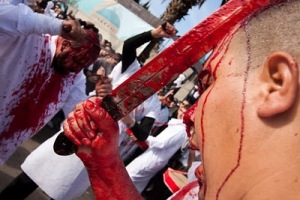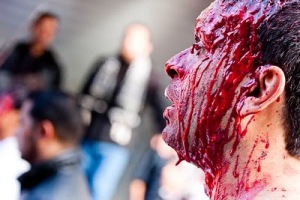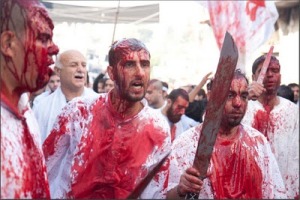THE scent of Tunisia’s Jasmine Revolution has carried across the Arab world and spread to neighbouring Egypt and most recently Libya.
What were once unthinkable uprisings against entrenched regimes are beginning to force through change. But Diaspora in Wales are worried about just what will come next.
Libya-born Suleman Hawas, businessman and former town mayor of Bridgend, said what the country is witnessing now will change the North African country forever.
“Egypt was a shock to people in Libya, as they thought the [Hosni] Mubarak regime would never fall. What it did was embolden people and gave them the courage to go out onto the streets,” he said.
Mr Hawas, who set up his company Libya Wales Exchange to build trade and cultural ties between the two countries, said he was very concerned by leader Muammar Gaddafi’s ruthless crackdown on protesters.
In a state TV address on Tuesday, Gaddafi called anti-government demonstrators “cockroaches” and “rats” controlled by foreign powers, and warned he would use every last bullet he had to eradicate them.
The country has seen up to 500 people killed in the last few days as protesters, spurred on by other Arab revolutions, call for the dictator to resign after 42 years in power.
“For a while people thought he would be good for Libya, now hundreds of our people have been killed. It seems as though the idea that Gaddafi cares for his people is a lie,” he said.
Mr Hawas, who has family living in the Libyan capital of Tripoli, visited last year and met with Gaddafi’s second son Saif al-Islam.
Mr Hawas said the LSE-educated dictator’s son talked about plans to dismantle the whole system, transform Libya and remove the “Fat Cats” who were exploiting the country’s rich oil reserve.
“He told me he wanted to strip them of their power and make them stand trial [… ]We waited and it never happened,” he said. “If he doesn’t step down, the country will be in turmoil, if he does, the country will be in turmoil – it’s a worrying time.”
Omar Salamat, a 20-year-old dentistry student at Cardiff University, was born in Swansea but his immediate family still live in Tripoli.
He is worried for his brother, parents and grandparents, whose village has seen security forces open fire on protesters on the streets.
“They’ve been terrified, surrounded by the gunfire of Gaddafi’s men. They are not armed, none of the protesters are. Gaddafi has ordered attacks on his own people and killed 500 in just a week,” he told the Mail.
The Arab country has long lived under the hawkish rule of Gaddafi, who took power from the ruling royal family in a bloodless 1969 coup, and is the only ruler Omar and much of the country’s young population have ever known.
“Gaddafi has ruled over Libya for four decades, and for most people in the country that is their whole life,” Omar told the Western Mail. “I was born under the regime.”
Omar joined Libyans from around the country at a protest held outside Downing Street on Tuesday, which saw thousands-strong crowds turning up to show solidarity with anti-government demonstrators at home.
“What’s happening in Libya is a genocide,” he said. “My fear is that it will go unnoticed, they’ve cut off the internet and the phone lines. They are killing people in darkness.
“We are not demanding everything we are just demanding democracy, and for Gaddafi to be eradicated immediately.”
A further protest was organised in Queens Street, Cardiff yesterday, where protesters called on the British Government and the UN to act over what they called a genocide of the Libyan people.
A hundred protesters, some as young as three, waved the old flag of their country used before Gaddafi’s rule and demanded an end to his “brutal dictatorship”.
Foreign Secretary William Hague warned Libya yesterday that its leaders would be held to account for alleged human rights abuses and blocked licenses to deliver arms as violence continues to escalate.
While Egypt may have faded from the media glare, the country could soon be used as a template for post-revolution democracy in the Arab world.
But Egyptians across the country fear that Egypt, which has been ruled autocratically under emergency law since 1967, has a long and bumpy road ahead to free and fair elections.
Eva Abdullah, a member of Newport’s St Mary’s and St Mercurius Abu Saifain Coptic Orthodox Church, said after weeks of worry watching her TV she can do nothing but wait to see what will happen.
Ms Abdullah, who works at the Welsh Refugee Council, said: “My husband and I had terrible times during the protests, we are scared for the country.
“No one has any idea how the country will bring about the change we were fighting for.
“I was personally worried when Mubarak stepped down. As a Christian, I think he helped keep peace between us, Israel, America and rest of the West,” she told the Mail.
“Whoever will be elected now may not have the same political views and we could see the country completely change.
“But, people are suffering under him. There are massive gaps between Muslims and Christians, between upper class and lower. Change that is needed to make the future fairer.”
Dr Amir El-Sheikha, a surgeon with the Ysbyty Gwynedd NHS, said that his family in Tripoli were optimistic, but were worried that vying political parties would steal what was a people’s revolution.
“I personally would love to see El-Baradei as president, he is a civilised lawyer and in his 70s, which is good because he won’t rule for decades like Mubarak,” said Dr El-Sheika, who lives in Bangor.
“The problem though is that he put his name up against Mubarak during elections a few years ago. The regime’s machine tarnished his name by saying he was pro-Israel and pro-US. Mr Average in Egypt doesn’t know what’s happening in the world and will believe that.
“On the other hand, the Muslim Brotherhood are overestimated. If they field a candidate they will lose and if elections are held in a year they would see their support drop down to 5%,” he said.
“Egypt is known as the Hollywood of the Middle East because whatever happens in Egypt is copied across the region, so we don’t want to set a bad example, whatever we do.”

